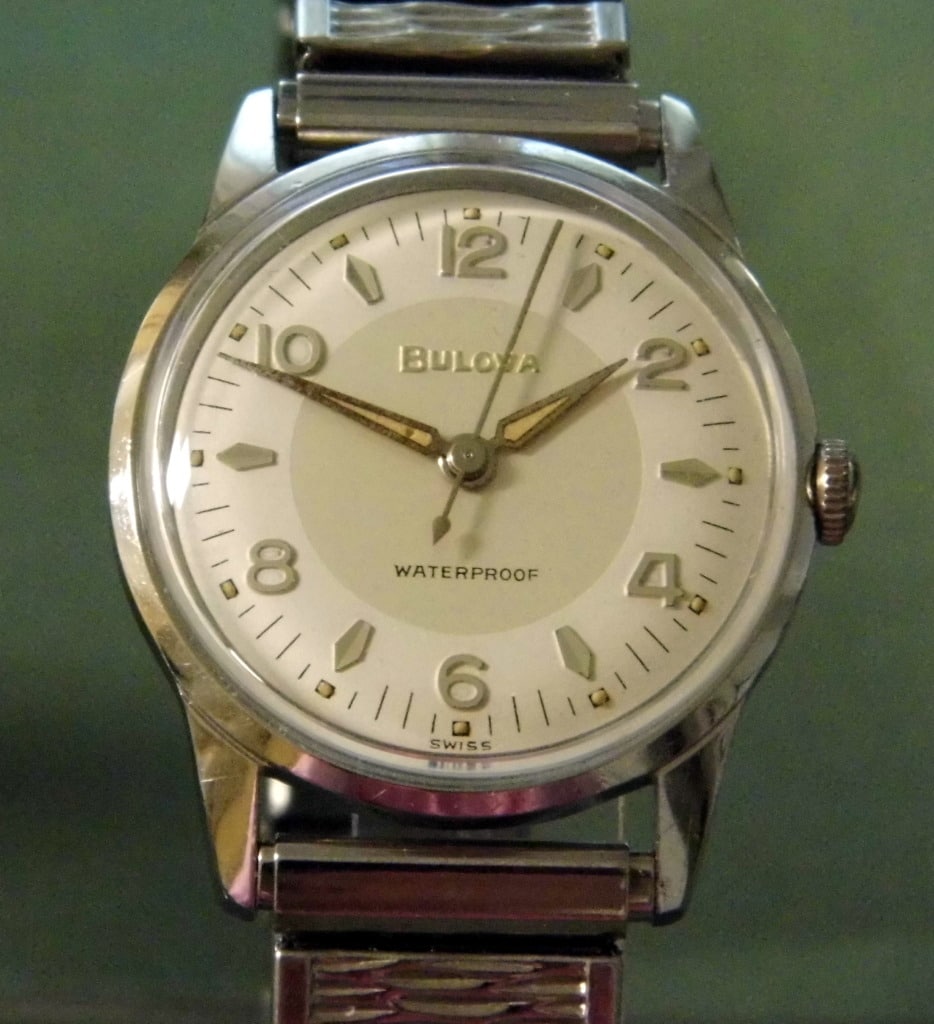Abitron on Remand
Last year, in Abitron Austria GmbH v. Hetronic International, Inc., the Supreme Court held that the federal trademark statute—known as the Lanham Act—applies only to domestic conduct infringing U.S. trademarks. A group of Austrian and German companies collectively known as “Abitron” placed U.S.-protected trademarks owned by a U.S. company, Hetronic, on products made in Europe. Some of…
Continue ReadingSupreme Court Roundup (October Term 2022)
During its 2022 Term, which ended four weeks ago, the Supreme Court decided five cases with important implications for transnational litigation. The questions included whether the Foreign Sovereign Immunities Act (FSIA) applies to criminal proceedings; the standard for aiding and abetting under the Anti-Terrorism Act (ATA); whether states may exercise general personal jurisdiction over foreign…
Continue ReadingAbitron Eliminates Circuit Tests but Causes More Confusion
During the oral argument in Abitron Austria GMBH v. Hetronic International, Inc., Justices Alito, Sotomayor, Gorsuch, and Barrett all expressed concern over whether the Court should overrule its 1952 decision in Steele v. Bulova Watch Co (1952). A reader of the Court’s majority decision by Justice Alito might be surprised to see that the majority…
Continue ReadingTwo New Supreme Court Decisions on the Presumption Against Extraterritoriality
The end of the Supreme Court’s term brought two decisions on the presumption against extraterritoriality, a significant and contested interpretive canon for federal statutes. Yegiazaryan v. Smagin ruled 6-3 that a civil RICO suit based on an alleged scheme to fraudulently conceal assets belonging to a U.S. judgment debtor had sufficient domestic content to fit…
Continue ReadingWhat is a “Domestic Application” of the Lanham Act? The Supreme Court Creates More Questions than It Answers
In Abitron Austria Gmbh v. Hetronic International, Inc., the Supreme Court appears to have returned to its recent preference for bright-line rules in cases assessing the extraterritoriality of federal statutes, but the brightness of this rule will dim as other fact patterns are considered.
Continue ReadingStare Decisis and Extraterritoriality
In a recent post, Curt Bradley suggested that the hardest problem the Supreme Court faces as it revisits the geographic scope of the Lanham (Trademark) Act in Abitron Austria GmbH v. Hetronic International, Inc. is what to do about existing precedent. In Steele v. Bulova Watch Co. (1952), the Court held that the Act applies to…
Continue ReadingSupreme Court to Revisit Extraterritorial Scope of Trademark Law
On March 1, the Supreme Court will hear argument in Abitron Austria GmbH v. Hetronic International, Inc., which concerns the extraterritorial scope of the Lanham (Trademark) Act. In resolving this case, the Court will need to decide what to do about an old precedent that appears to be inconsistent with the Court’s modern approach to…
Continue ReadingSupreme Court to Decide Extraterritorial Reach of Trademark Statute
Today the Supreme Court granted review in Abitron Austria GmbH v. Hetronic International, Inc. to consider when the federal trademark statute, known as the Lanham Act, applies extraterritorially. In Steele v. Bulova Watch (1952), the Court held that the act applied extraterritorially to the infringement of a U.S. trademark in Mexico. But lower courts have developed different tests for implementing Steele, creating a…
Continue ReadingTerritoriality v. Extraterritoriality in Intellectual Property
A core principle in U.S. intellectual property (IP) law is that IP rights are territorially limited. A U.S. patent, copyright, trademark, or trade secret affords the holder exclusive rights solely within the United States. This principle also exists at the international level, as reflected in the Agreement on Trade Related Aspects of Intellectual Property (TRIPS)….
Continue ReadingSolicitor General Recommends That Supreme Court Hear Extraterritorial Trademark Case
Last Friday, the Solicitor General (SG) recommended that the Supreme Court hear Abitron Austria GmbH v. Hetronic International, Inc. to consider when the federal trademark statute, known as the Lanham Act, applies extraterritorially. A jury found that five German and Austrian companies infringed Hetronic International’s trademarks and awarded damages of more than $90 million for violations…
Continue Reading





